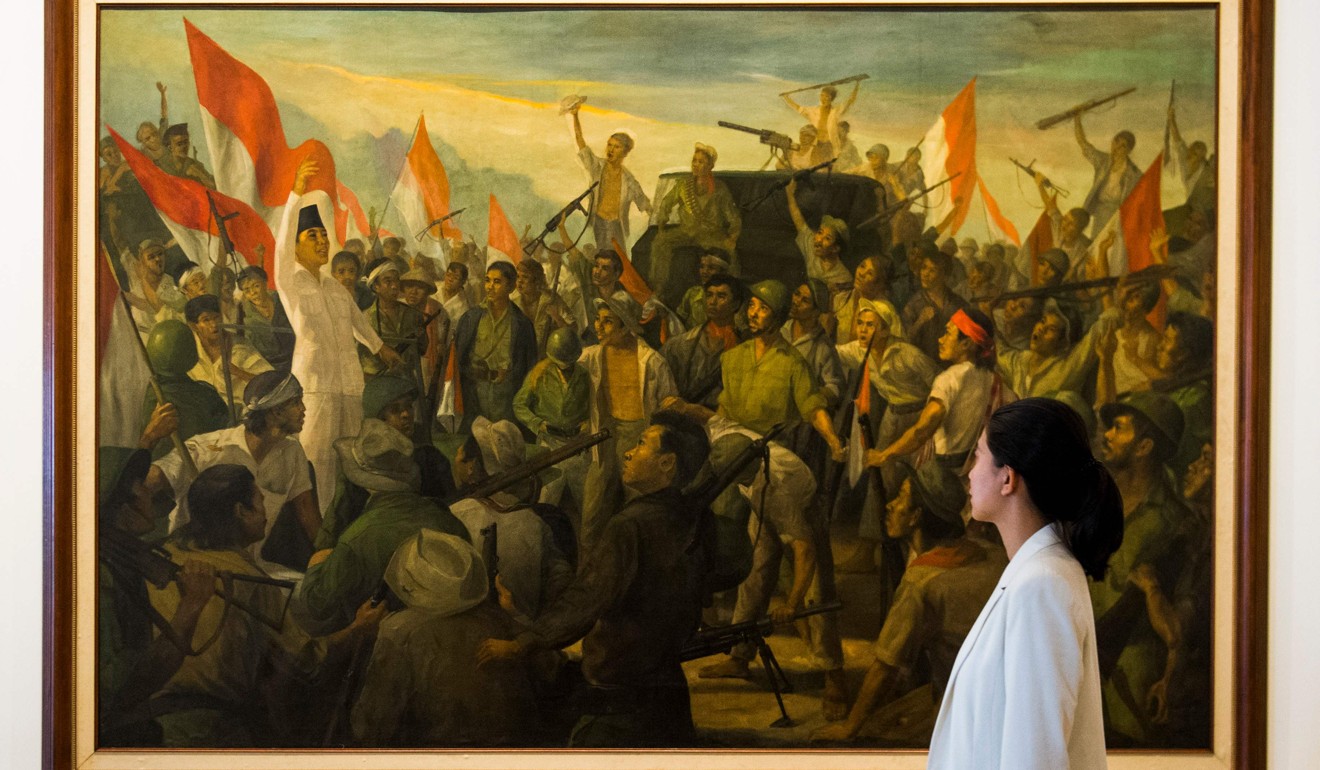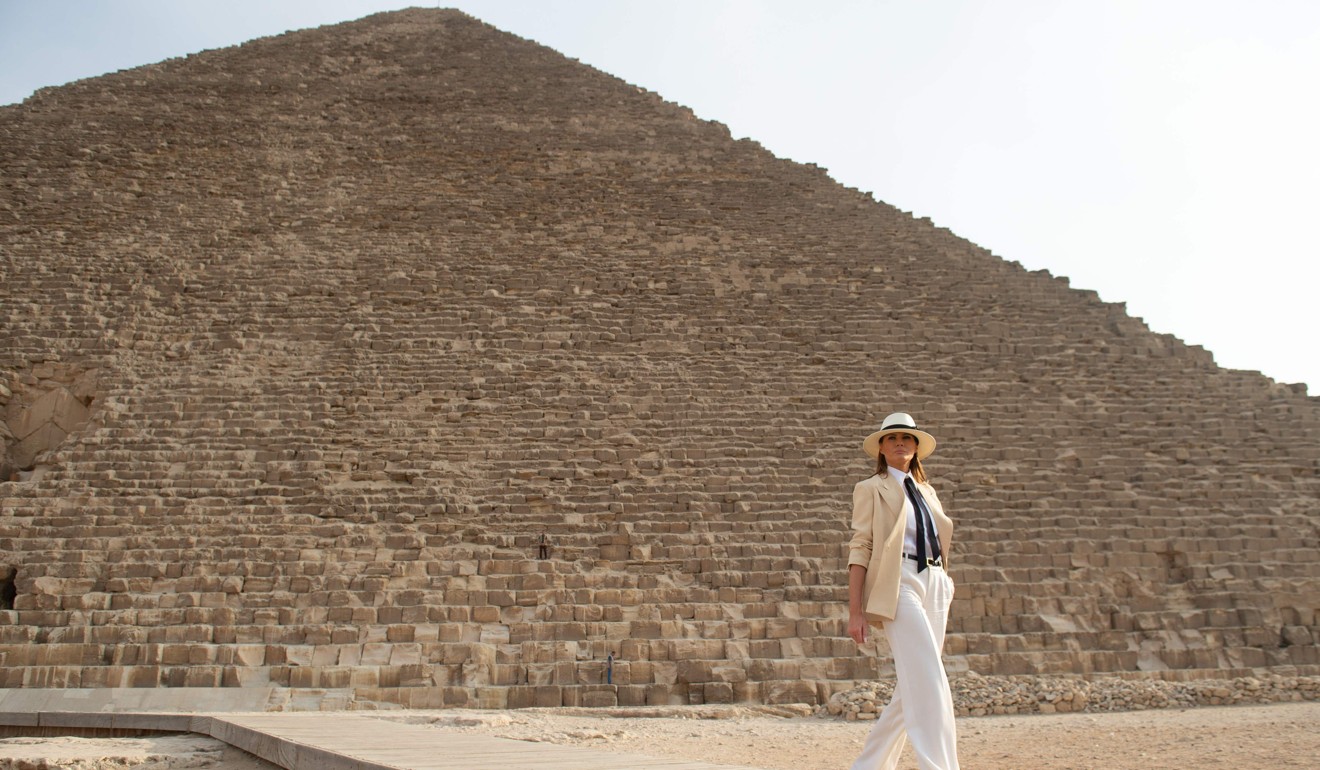
Duterte’s proposal to change the Philippines’ name highlights the vexed history of place nomenclature
- Philip Bowring says history complicates the choice of place names while sensitivities to certain designations seem to vary with political expediency
History can be awkward. Perhaps a pan-Malay word reflecting the nation’s island identity would be more appropriate than Maharlika, or one related to its pre-Hispanic excellence in sailing and boat-building.
Modern names in atlases and institutes may be just lazy catch-alls. Take “Southeast Asia”, which is now in the titles of thousands of books and departments. Yet it dates only to the 1940s in English and slightly earlier in Japanese. Its subset, “maritime Southeast Asia”, is an ever vaguer chunk of geography. I have taken instead to using Nusantaria to refer to the Austronesian-speaking peoples of the islands and coasts of what are now Indonesia, the Philippines and Malaysia, and formerly included coastal Vietnam and Taiwan. This is a simple extension of the modern Malay word for archipelago, Nusantara, itself derived from the island and coastal realm of Java’s Majapahit empire.
Indeed, what is now Indonesia might well have been called Nusantara as independence followed years of being the Dutch East Indies. But, for whatever reason, nationalists chose a Western word formula, incorporating “nisi”, the Greek word for island, as in the case of Melanesia, Austronesia and Polynesia.

In the postcolonial period, there have been a few complete name changes. In Africa, Gold Coast became Ghana, Upper Volta became Burkina Faso, Dahomey became Benin, Congo became Zaire, then Congo once again. But most changes were translations into native languages rather than a change in meaning. Hence, Bechuanaland became Botswana, (East) Bengal became Bangladesh. Others changed their official designations for domestic rather than postcolonial reasons – Siam to Thailand, Burma to Myanmar.
Sensitivity to names works in curious ways. England is named after its most lasting invaders, the Angles (and Saxons) but the island takes pride in being British, though this name was invented by its Roman conquerors. France is named after its Germanic conquerors, the Franks. The people of Deutschland are quite relaxed about being known as Germans or Allemandes, derived from Latin names for their tribes.
Almost no one, apart from other Arabs, calls Egypt by its official name, Misr. Everyone else follows localised versions of what was originally the ancient Greek name for the world’s oldest surviving national identity.

Chinese likewise refers to Misr as Aiji, though China today has its own sensitivities about name usages. Some suggest the name China was a reference to the Qin dynasty, and that it spread via Sanskrit and Persian into other languages. The country does not seem to mind the world referring to it as China, or variations thereof, although it has never known itself as such. Like Egypt, the name is too ingrained.
Yet try using Peking or Canton today and there will be howls of protest, though these are legitimate anglicisations based on usage derived from the role of Canton in China’s trade history. There is no reason why English speakers should follow China’s official romanisations any more than do the French, who still use Pekin for Beijing. It also raises the question of whether Hong Kong and Macau are soon to be replaced in English by Xianggang and Aomen.
China itself has various ways of giving names in Chinese to different places. Most are based on approximate sounds: Ying Guo for England, Mei Guo for America, Fa Guo for France. Some are direct translations, like Niu Jin for Oxford.
Likewise, Crna Gora is a country known to almost nobody. More people would have heard of Montenegro, the old Italian translation of the name for this small Balkan nation. Instead of approximating either sound, Chinese translates this as Hei Shan or “black mountain”.
China’s perfectly practical solution to this problem of naming contrasts with its sensitivity to names closer to home. Thus China – unlike Vietnam or the Philippines – is keen on the designation South China Sea, though this is a European name a little more than 100 years old, but does not take kindly to Western references of the same era to “Chinese Turkestan” as distinct from “Russian Turkestan”, now Kazakhstan, or Qing-era Western maps making a distinction between China and the Chinese Empire. Names change, borders change, but people change very slowly and geography slower still.
Philip Bowring is a Hong Kong-based journalist and commentator

